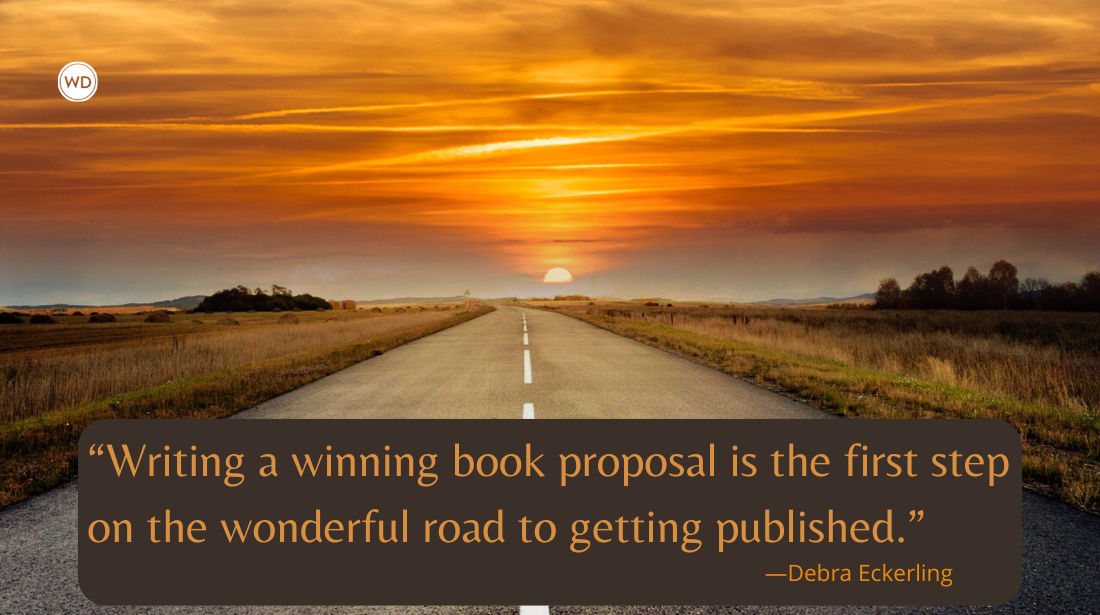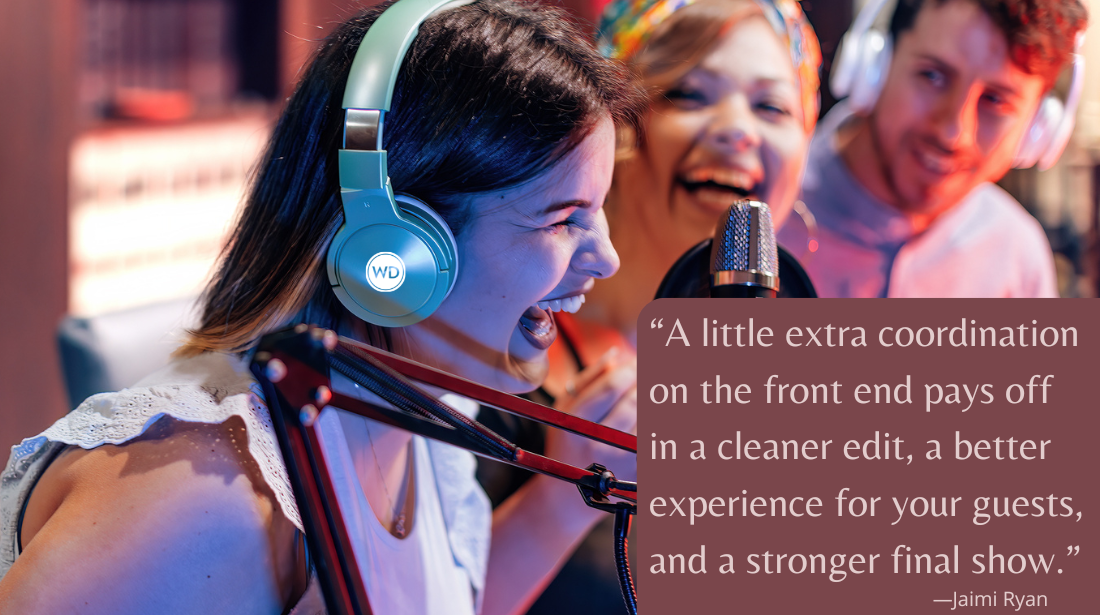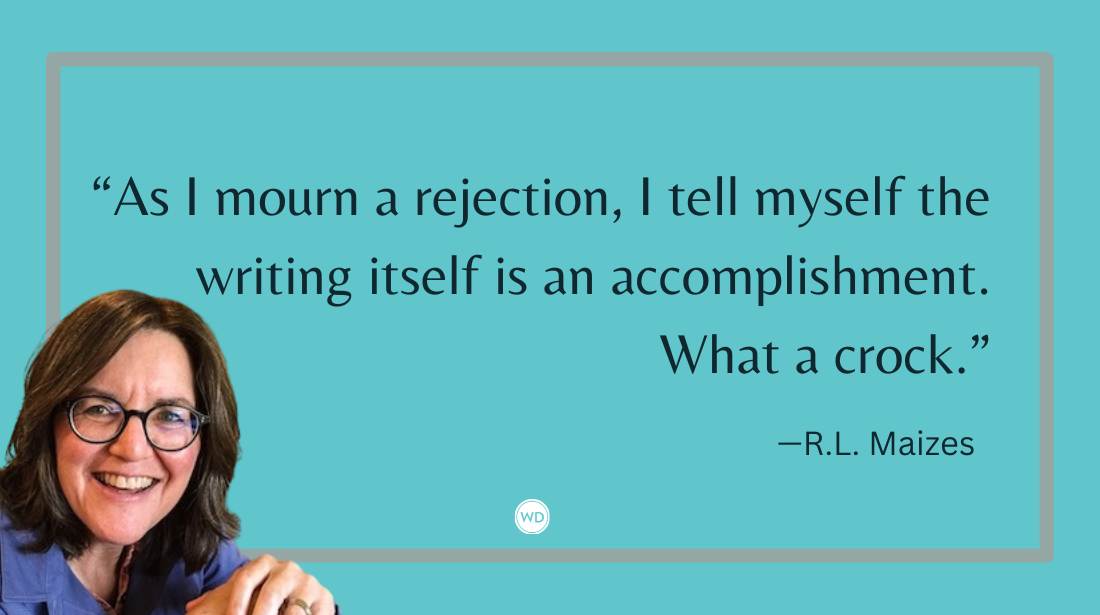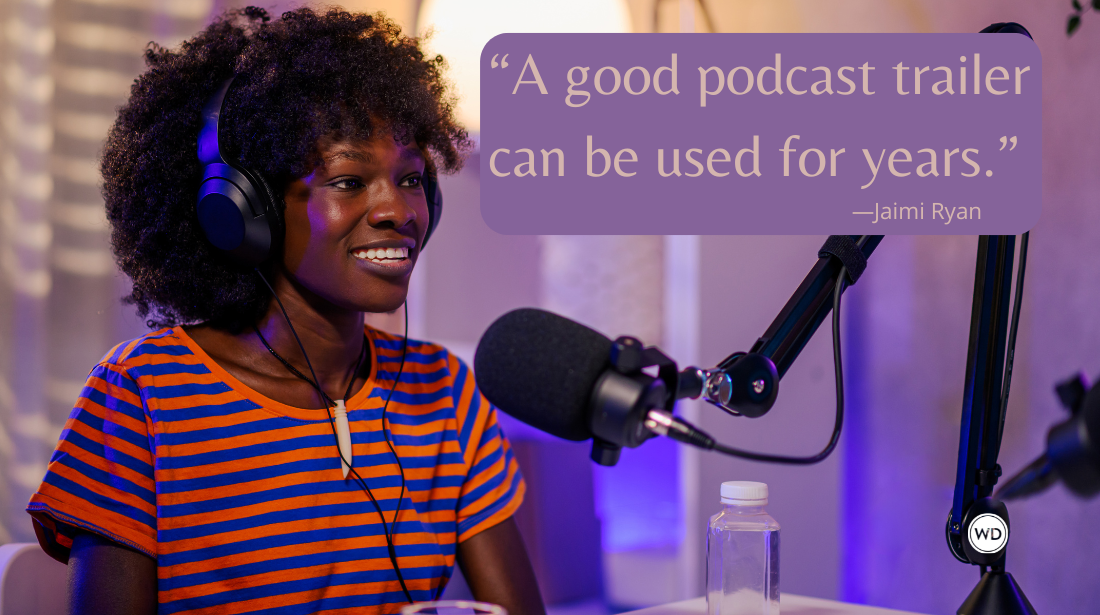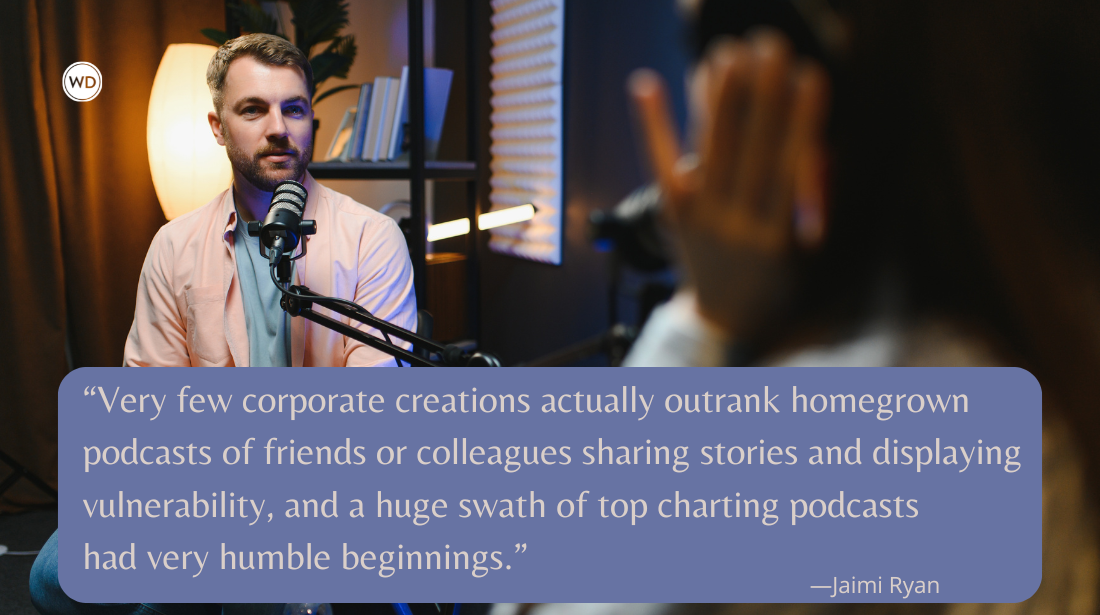The Benefits of Blogging (Your Feedback!)
There have been so many wonderful comments from you on the subject of blogging (on this blog, on my Facebook page, and on the Writer’s Digest Facebook page), that I…
There have been so many wonderful comments from you on the subject of blogging (on this blog, on my Facebook page, and on the Writer's Digest Facebook page), that I wanted to share a few pieces of the helpful advice.
My appreciation to everyone who has shared their experiences!
From published (or soon-to-be-published) authors
Terri Coyne: I
started my blog around the same time I sold my debut novel. I committed
to posting once a week or more but not less. … not only did it help connect me to an
audience but by syndicating to Facebook, Amazon and other places, it
allows me to share my writing out from a central location.
Having
a blog before I built my website was also a good way for me to post
information for a nominal cost. As my website was being designed, I had
my URL (www.tericoyne.com) point to the blog. There are so many widgets
and options available for blogs, you can create a nice site as a
starting point.
In my monthly newsletter to readers I link back to my blog and use it as a source for important updates. It works well.
LK Hunsaker: I've been blogging for years and it did take time to build an audience,
but it's a great way to interact and get feedback. My books revolve
around the arts along with societal issues, so on my blog I do book and
music reviews, author interviews, artistic musings that reveal my
writing voice and style, and some minor societal issue entries. It
shows who I am and what I'm about. I think free promo is something
every up-and-coming author should consider seriously. Blogs are free
promo. Start early and build your audience before your books come out
if they haven't yet.
From aspiring writers
Marie Devers: I am an unpublished-writer blogger, and here is what I love about blogging:
1.
It gives me a homebase on the Web. I'm not ready for a Web site yet.
When I send out queries, however, important people can Google me and
quickly see that I write daily and coherently. They can also find my
email and twitter addresses.
2. It's how I found my beta
readers. There are four of us. We each have a blog where we pimp each
other out. We also have great email sessions, where we perform group
emergency surgery on queries that aren't working and where we celebrate
when one of our own gets an offer of representation (She's signing
tomorrow!).
3. As solitary as writing can be, it's nice to have
someone to report to, and I feel like my blog readers are my boss. It's
much, much harder to give up when you've publicly announced that you
are trying to publish a novel and people all over the world support
your efforts.
Jeff Posey: I started a blog this spring and began using Twitter a short time
later. I post short scenes and character interviews outside my core
in-progress novel but that illuminate it.
My lesson? This has
been a great way to explore my main storyline and has inspired me to
increase my average weekly writing output toward my novel, even while
spending perhaps two-to-four hours per week on the blog and Twitter
activity.
Besides, it's a load of fun.
Reesha: I'm being patient. Not a lot of peope are reading my blog right
now, but every now and then I hear about someone who's been reading all
along and I didn't know about it.
When I get discouraged about
writing or building my platform, or even lonely, I imagine lots of
lurkers who secretly read my blog, are interested in what I have to
say, and love my work.
I was once told to approach things like
this with the attitude that the person who you're interacting with
loves you and is generally interested in what you have to say. The
worst case scenario is that they hate you and aren't interested in what
you have to say, and then you or they move on. There are lots of people
out there. Lots of possibilities someone who likes what you have to say
will find you.
Livia: I
mulled over the expertise question quite a bit when starting my blog.
Since I'm not published yet, why would people want to listen to my
writing advice? For that reason, I decided to focus on analyzing
examples of good writing from published fiction and reviewing craft
books rather than preach my own writing tips.
Terry Petersen: The
discipline is great. My theme is "After sixty, a time to begin." Since
I don't specify what I'm beginning, I can write about anything I'm
learning, on any level.
Ashley Olson Rosen: For
me, starting a humor blog has been helpful in two ways: it makes me
look at everyday occurances and frustrations in a more positive light
-- which can never be a bad thing -- and it provides so much
encouragement when people, especially strangers, send in comments. It's
also good practice to force you to write on a regular basis. I was writing fiction before and now am considering trying a humor manuscript. I say to try blogging!
Florence Gardner: I'm also in my first couple of months of my blog.
I'm
an unpublished writer of mid-grade and YA fiction with a manuscript
under exclusive review by an agent right now. A couple of years ago I
thought it would be insane for someone like me to have a blog.
I
got a professional to help me design and get it up and running and am
SO glad I did. It wasn't very expensive and I think makes a huge
difference. (she's fantastic by the way, if anyone is looking for that
kind of help).
I'm
having a ton of fun with it. I don't think of it as "advice giving" at
all. But a chance to make friends and to step into a wider conversation
about writing and reading.
Jane Friedman is a full-time entrepreneur (since 2014) and has 20 years of experience in the publishing industry. She is the co-founder of The Hot Sheet, the essential publishing industry newsletter for authors, and is the former publisher of Writer’s Digest. In addition to being a columnist with Publishers Weekly and a professor with The Great Courses, Jane maintains an award-winning blog for writers at JaneFriedman.com. Jane’s newest book is The Business of Being a Writer (University of Chicago Press, 2018).




